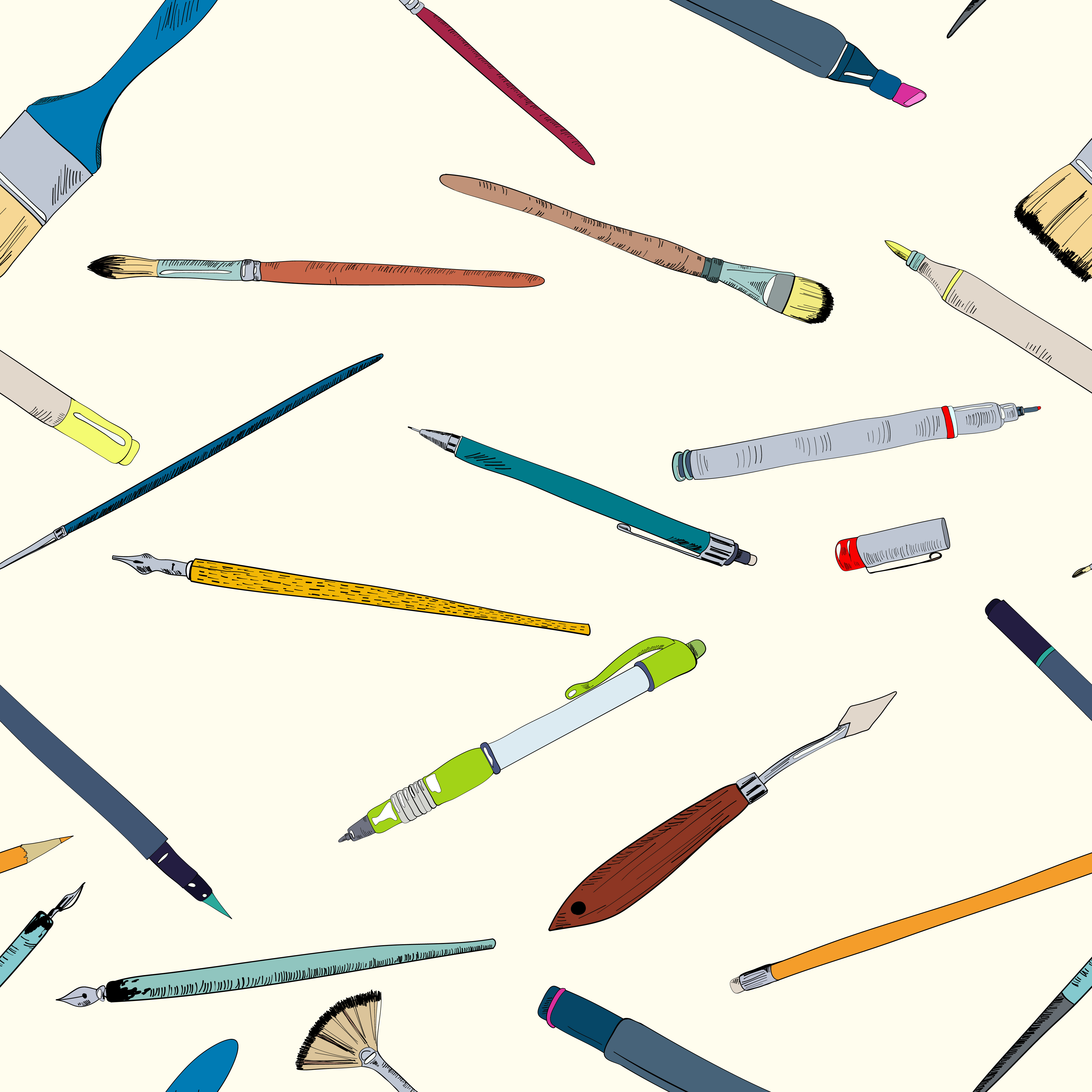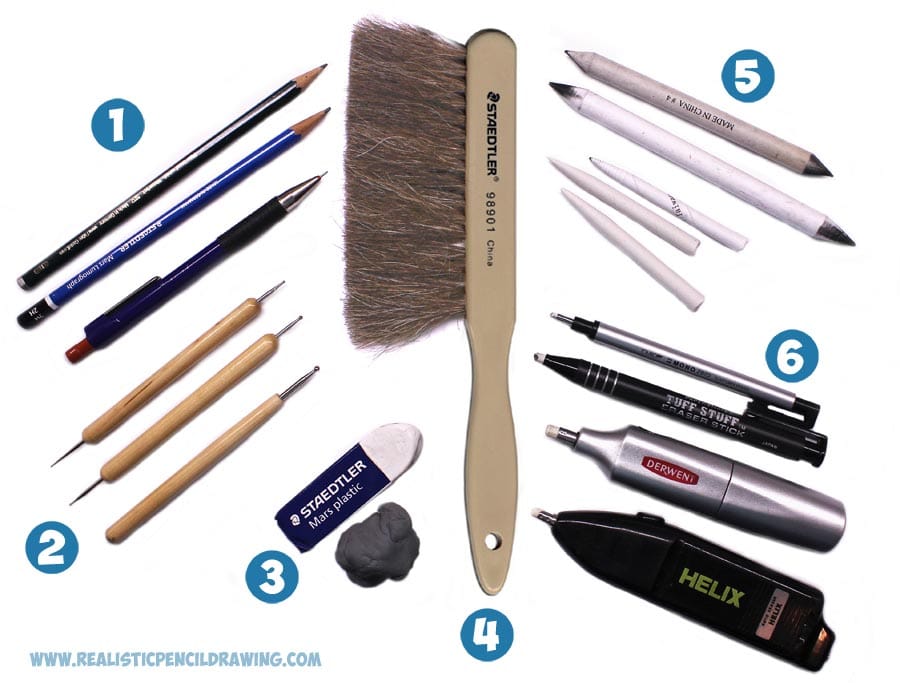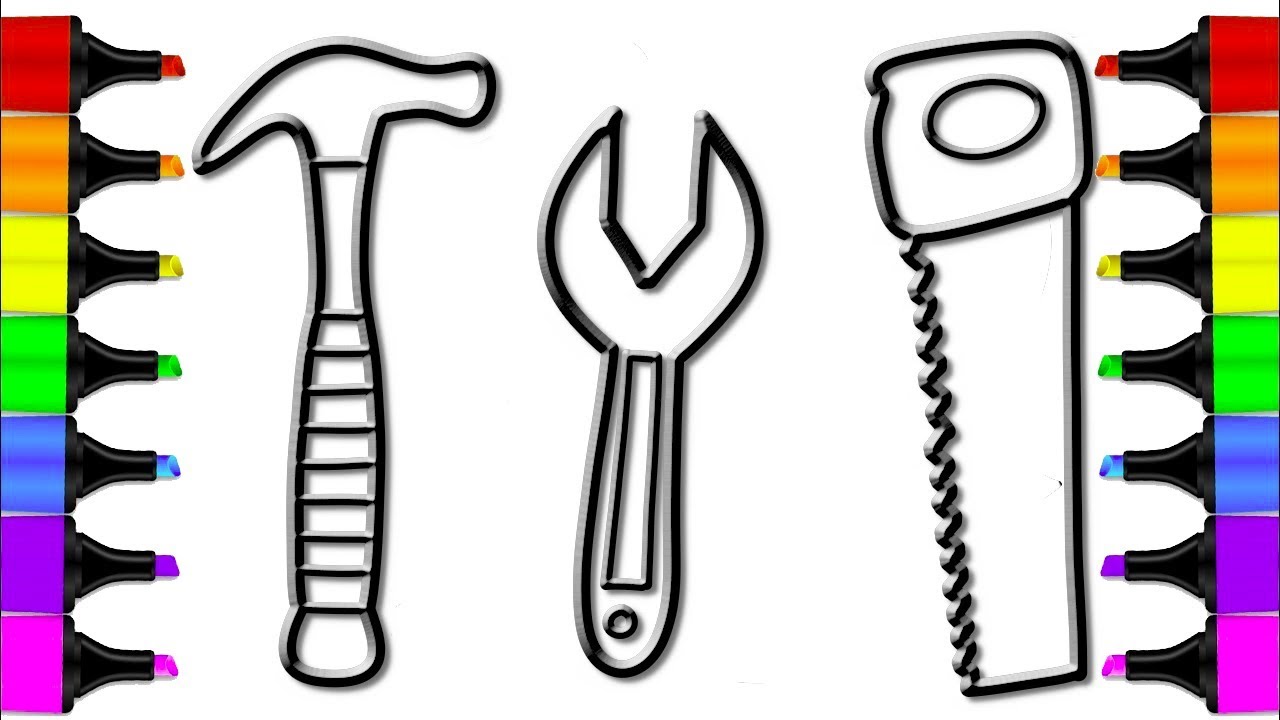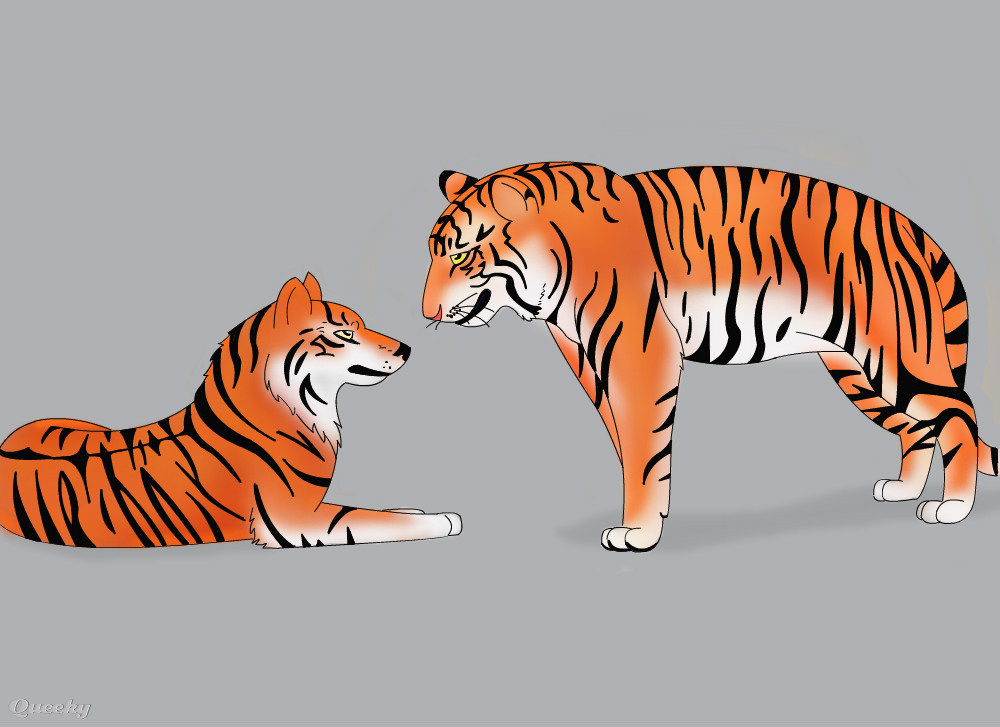Tools drawing easy draw kids drawings engineering construction tool step toolbox
Table of Contents
Table of Contents
If you’re an aspiring artist or just looking to improve your drawing skills, chances are you’ve come across the challenge of drawing tools. From intricate details to realistic textures, drawing tools can be tricky to master. But fear not, with the right techniques and guidance, you’ll be drawing tools like a pro in no time!
Pain Points of Drawing Tools
When it comes to drawing tools, one of the biggest pain points is getting the proportions and details just right. It can be challenging to capture the intricate features of a hammer or wrench without the proper skills and techniques. Another pain point is knowing how to add realistic textures, such as metal or rubber, to your drawings to add depth and realism.
How to Draw Tools
First and foremost, it’s important to establish the basic shapes and proportions of the tool you wish to draw. This will help you create a strong foundation for your drawing and make it easier to add details later on. Next, focus on the details that make the tool unique, such as the ridges on a screwdriver or the teeth on a saw. Once you’ve got the details down, it’s time to add the finishing touches by incorporating textured elements and shading to give the tool a more realistic appearance.
Main Points of How to Draw Tools
In summary, drawing tools involves establishing the basic shapes and proportions, adding intricate details, and incorporating textured elements and shading for a more realistic look. By following these steps and practicing regularly, you’ll be able to improve your drawing skills and create stunning tool illustrations.
How to Draw Tools: Tips and Tricks
One of the best ways to learn how to draw tools is by starting with the basics. Choose a simple tool, such as a wrench or screwdriver, and practice drawing it from different angles and perspectives. As you get comfortable with the basics, try experimenting with more complex tools and adding textures and shading to give them a more realistic appearance.
 Another tip is to study the tools closely and pay attention to the details. Take note of the ridges, edges, and other unique features that give the tool its distinct appearance. By incorporating these details into your drawing, you’ll be able to create a more realistic and accurate representation of the tool.
Another tip is to study the tools closely and pay attention to the details. Take note of the ridges, edges, and other unique features that give the tool its distinct appearance. By incorporating these details into your drawing, you’ll be able to create a more realistic and accurate representation of the tool.
Adding Textures to Your Drawings
One of the most challenging aspects of drawing tools is adding in realistic textures. To achieve this, start by observing the texture of the material you wish to represent. For example, if you’re drawing a hammer with a wooden handle, pay attention to the grain of the wood and the way it’s shaped. Then, use shading techniques to create the illusion of depth and texture, making the drawing appear three-dimensional.
 Overall, practice is key when it comes to drawing tools. The more you practice, the more comfortable you’ll be with the basics, and the more skilled you’ll become at adding details and textures to your drawings.
Overall, practice is key when it comes to drawing tools. The more you practice, the more comfortable you’ll be with the basics, and the more skilled you’ll become at adding details and textures to your drawings.
Drawing Tools as a Professional Artist
As a professional artist, I’ve found that drawing tools can be both challenging and rewarding. One of my favorite techniques is to use a combination of graphite pencils and colored pencils to create realistic textures and shadows. Additionally, by experimenting with different lighting angles and placements, you can create dramatic and dynamic tool drawings that truly stand out.
Conclusion of How to Draw Tools
Drawing tools may seem daunting at first, but with the right techniques and a little patience, anyone can improve their skills and create stunning illustrations. Remember to start with the basics, pay attention to the details, and practice regularly to achieve the best results. Whether you’re an aspiring artist or a seasoned pro, drawing tools is an essential skill to have in your arsenal.
Question and Answer
Q: What materials do I need to draw tools?
A: All you need to get started is a pencil, paper, and eraser. As you become more advanced, you may want to experiment with different materials such as charcoal, pastels or colored pencils.
Q: How can I make my tool drawings look more realistic?
A: To make your drawings appear more realistic, focus on incorporating texture and shading. By paying close attention to the details of the tool, you can create an illusion of depth and dimensionality that makes the drawing appear 3D.
Q: Are there any exercises I can do to improve my tool drawing skills?
A: One effective exercise is to draw the same tool from different perspectives and angles. This will help you understand the basic shape and form of the tool, as well as how it interacts with light and shadow. Another exercise is to practice adding textures and shading to your drawings in order to create realistic and lifelike tool illustrations.
Q: Can digital tools be used to draw tools?
A: Yes! Digital art software such as Adobe Illustrator or Procreate can be used to create detailed and realistic tool illustrations. Just remember to mimic the same techniques you would use when drawing by hand, such as focusing on the basic shapes and adding details and textures.
Gallery
START HERE - Learn How To Draw | Drawing Tools

Photo Credit by: bing.com / tools drawing draw pencils pencil use drawings learn basic need start
How To Draw Tools Step By Step Easy #kids #drawing #youtube #tools

Photo Credit by: bing.com / tools drawing easy draw kids drawings engineering construction tool step toolbox
Hand Tools Drawing | Free Download On ClipArtMag

Photo Credit by: bing.com / clipartmag
Drawing Tools Doodle Sketch Seamless 453598 Vector Art At Vecteezy

Photo Credit by: bing.com / tools drawing vector sketch seamless doodle vecteezy marker pen pro chartron benoit
NEW DRAWING TOOLS || APRIL 2016 - YouTube

Photo Credit by: bing.com / utensils tools drawing pastels





